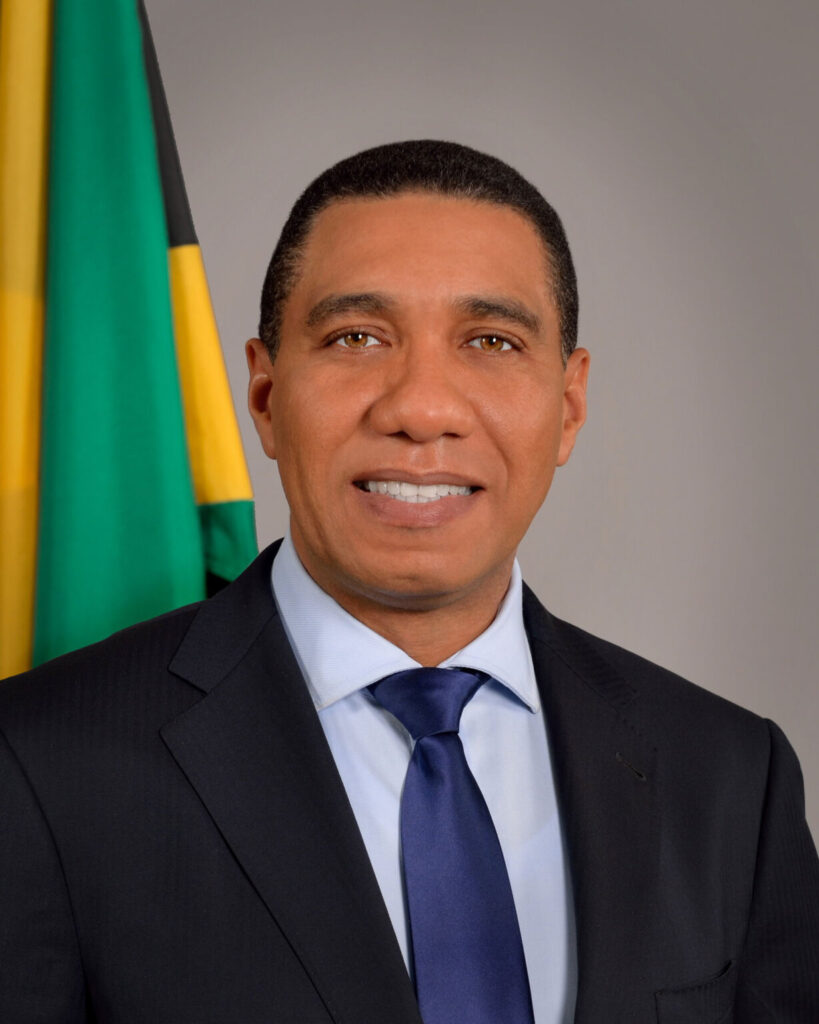Government Commits to Effective and Structured Relief Measures for Hurricane Beryl Victims

“The first response was the emergency relief which includes food, care packages and so forth. This response now must be about helping persons to recover and get back on their feet.”
– Prime Minister Holness
——————————————————————-
The Government has outlined a comprehensive relief package for persons devastated by Hurricane Beryl.
Prime Minister Andrew Holness outlined the assistance measures in Parliament yesterday (July 9) as he gave a detailed update on the government’s efforts a week after Category 4 Hurricane Beryl brushed the southern section of the island.
The Prime Minister has announced an additional funding of four million dollars for each constituency to further support recovery efforts. This allocation is to be used for shelter, economic rehabilitation, emergency clearing of roads, and removing fallen trees. It will follow the completion and proper documentation of the initial funds.
“The first response was the emergency relief, which includes food, care packages, and so forth. This response now must be about helping persons to recover and get back on their feet,” Prime Minister Holness explained.
Recognizing that some areas were more severely impacted by Hurricane Beryl, an extra $3 million will be allocated to constituencies with higher damage assessments. These assessments, conducted by the Office of Disaster Preparedness and Emergency Management (ODPEM), Jamaica Public Service (JPS), and public infrastructure agencies, will ensure a transparent and needs-based distribution of funds.
Both additional funds came following an initial allocation of $5 million per constituency, which was strictly designated for welfare, food, and other relief activities. The Prime Minister noted that Members of Parliament (MPs) may also use these funds for clearing roads in critical situations, such as providing access for emergency services.
The relevant funds allocated to support constituents are managed and implemented through the Constituency Development Fund (CDF) and not directly by the MPs. The Prime Minister emphasized that the assistance and relief efforts must be conducted effectively, efficiently and responsibly.
Meanwhile, Prime Minister Holness also stressed that MPs should not be viewed as the primary responders in disaster situations. “The office of the MP is not the office of Social Security and Welfare,” he said. “They are there to assist in identifying critical emergencies and move rapidly, but ultimately it is the government bureaucracy, the civil and public service that is charged with responding to these emergencies.”
Prime Minister Holness reaffirmed the government’s commitment to maintaining a clear distinction between the roles of MPs and government ministries, advocating for stronger oversight responsibilities while meeting the immediate needs of constituents.
“MPs have taken on and given this first responder role. It is not something that we should entrench. Eventually, as our country progresses, we should be retreating from that role and having a stronger oversight responsibility. But given the nature of our bureaucracy as it is now and as the public is expecting, we are in that state where we have to respond. It is important that it is on record that this is not how in an ideal world it should be run,” the Prime Minister said.
The government’s structured approach to Hurricane Beryl relief efforts underscores its dedication to transparency and effective resource management in times of crisis.